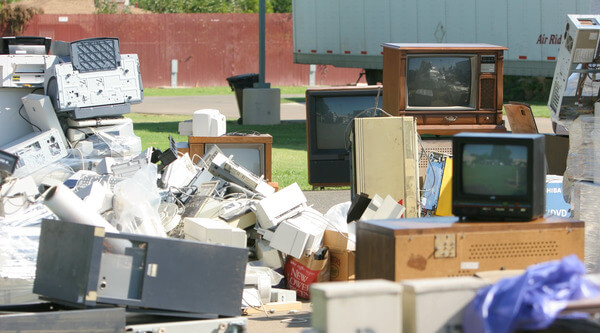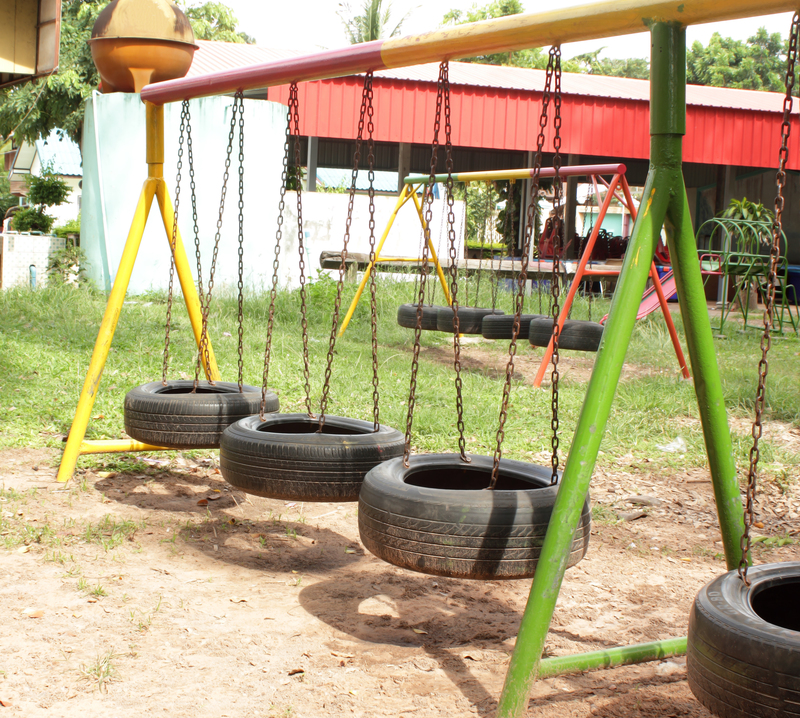Effective Furniture Disposal: Sustainable and Responsible Methods

Disposing of furniture responsibly is essential for maintaining a clean environment and promoting sustainability. Whether you're upgrading your home or clearing out clutter, understanding the best methods for furniture disposal can save you time, effort, and resources. This comprehensive guide explores various options available to homeowners and renters alike, ensuring that your old pieces find a new purpose without harming the planet.
Choosing the right method for furniture disposal depends on several factors, including the condition of the items, local regulations, and your personal preferences. From recycling and donating to selling and repurposing, each option offers unique benefits and considerations. By the end of this article, you'll have a clear understanding of the most effective ways to dispose of your furniture responsibly.
In today's world, where environmental consciousness is more important than ever, making informed decisions about furniture disposal can significantly impact our ecological footprint. Let's delve into the various strategies that not only help you declutter but also contribute to a more sustainable future.
One of the most popular methods for furniture disposal is donating items to charitable organizations. Many nonprofits accept gently used furniture and distribute it to those in need, extending the lifespan of these pieces and reducing waste. Donating can also provide you with potential tax benefits, making it a win-win situation for both you and the community.
Recycling is another environmentally friendly option. Many cities offer specialized recycling programs for bulky items like furniture, ensuring that materials such as wood, metal, and fabric are properly processed and reused. By recycling your furniture, you help conserve natural resources and minimize the strain on landfills.
For those looking to make some extra money, selling unwanted furniture through online marketplaces or garage sales can be a viable option. Platforms like Craigslist, Facebook Marketplace, and eBay provide accessible avenues to reach potential buyers. Selling not only helps you declutter but also allows others to enjoy your pre-owned items at a lower cost.

If your furniture is no longer usable or in poor condition, consider responsible disposal methods. Many municipalities have designated drop-off sites or scheduled pickup services for bulky waste, ensuring that items are handled safely and in compliance with local regulations. Proper disposal prevents harmful materials from contaminating the environment and promotes public health.
Another creative approach is repurposing or upcycling old furniture. With a bit of creativity and effort, you can transform outdated pieces into stylish and functional items that complement your home's aesthetic. Repurposing not only reduces waste but also allows you to personalize your space with unique, one-of-a-kind creations.
Additionally, some organizations specialize in furniture refurbishment, restoring damaged or worn pieces to their former glory. These services can extend the life of your furniture, providing an eco-friendly alternative to purchasing new items. Refurbished furniture often retains its original charm while incorporating modern design elements, making it a desirable choice for many homeowners.
When considering furniture disposal, it's essential to evaluate the condition and value of your items. Items in good condition can be donated, sold, or refurbished, while those beyond repair may require recycling or proper disposal. By assessing each piece individually, you can determine the most appropriate and sustainable course of action.
Understanding local regulations is also crucial, as disposal methods may vary depending on your location. Some areas offer specific guidelines for handling bulky waste, hazardous materials, and recyclable components. Familiarizing yourself with these rules ensures that you comply with legal requirements and contribute to community efforts in waste management.
Furthermore, planning ahead can streamline the furniture disposal process. Scheduling pickups, sorting items, and researching disposal options in advance can save you time and reduce stress. By taking a proactive approach, you can efficiently manage the transition and ensure that your old furniture is handled responsibly.

Environmental sustainability is at the core of responsible furniture disposal. By choosing methods that minimize waste and promote reuse, you play a part in preserving natural resources and reducing pollution. Every piece of furniture that is recycled, donated, or repurposed contributes to a collective effort toward a healthier planet.
Moreover, responsible disposal practices extend beyond environmental benefits. They also foster a sense of community and social responsibility. Donating furniture to those in need provides essential resources to individuals and families, while selling items can support local economies. Engaging in these actions strengthens social bonds and promotes a culture of sharing and cooperation.
Incorporating sustainable practices into your daily life, including furniture disposal, can inspire others to follow suit. By setting an example, you encourage friends, family, and neighbors to adopt eco-friendly habits, amplifying the positive impact on the environment and society as a whole.
When disposing of furniture, safety should never be overlooked. Proper handling and transportation of bulky items prevent injuries and property damage. Utilizing appropriate tools, protective gear, and assistance can facilitate a safe and efficient disposal process.
Additionally, consider the potential health implications of disposing of old furniture. Items upholstered with materials that contain harmful chemicals or built with sharp edges may pose risks if not handled correctly. Ensuring that furniture is free from hazardous substances before disposal protects both you and the environment.
Technology also plays a role in modern furniture disposal. Online platforms and mobile apps simplify the process of selling, donating, and recycling furniture. These digital tools provide convenient access to resources and information, making sustainable disposal more accessible than ever before.

Ultimately, the key to effective furniture disposal lies in mindful decision-making. By carefully evaluating your options and considering the broader environmental and social implications, you can ensure that your old furniture contributes positively to the world around you.

In conclusion, responsible furniture disposal is a multifaceted process that balances practicality with sustainability. Whether you choose to donate, recycle, sell, or repurpose your items, each method offers unique benefits that align with eco-friendly principles. By adopting these practices, you not only declutter your space but also support environmental conservation and community well-being.
As we continue to navigate the challenges of waste management and environmental preservation, making informed choices about furniture disposal becomes increasingly important. Embrace these strategies to contribute to a greener, more sustainable future while enhancing the functionality and aesthetics of your living spaces.
Take the first step today by assessing your furniture, exploring your disposal options, and making decisions that reflect your commitment to sustainability and responsible living.






































